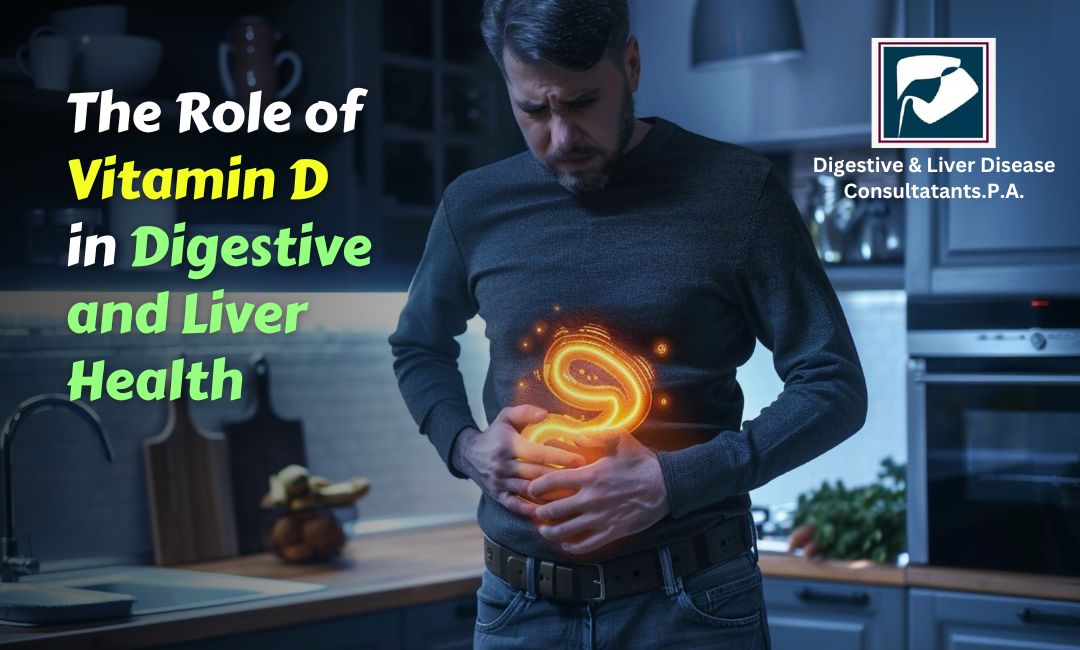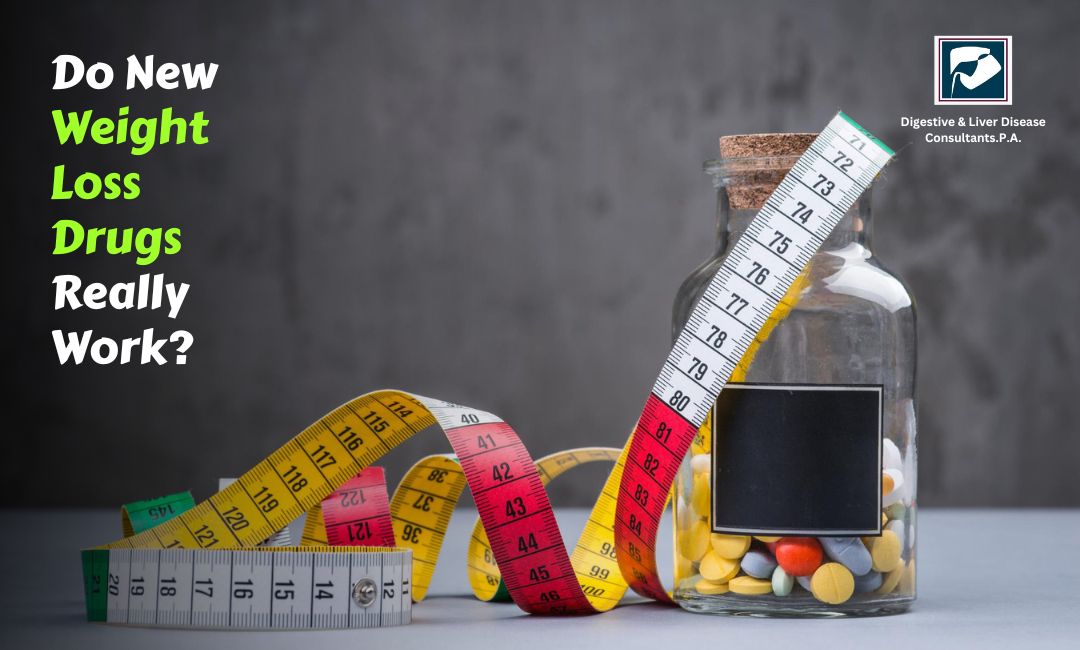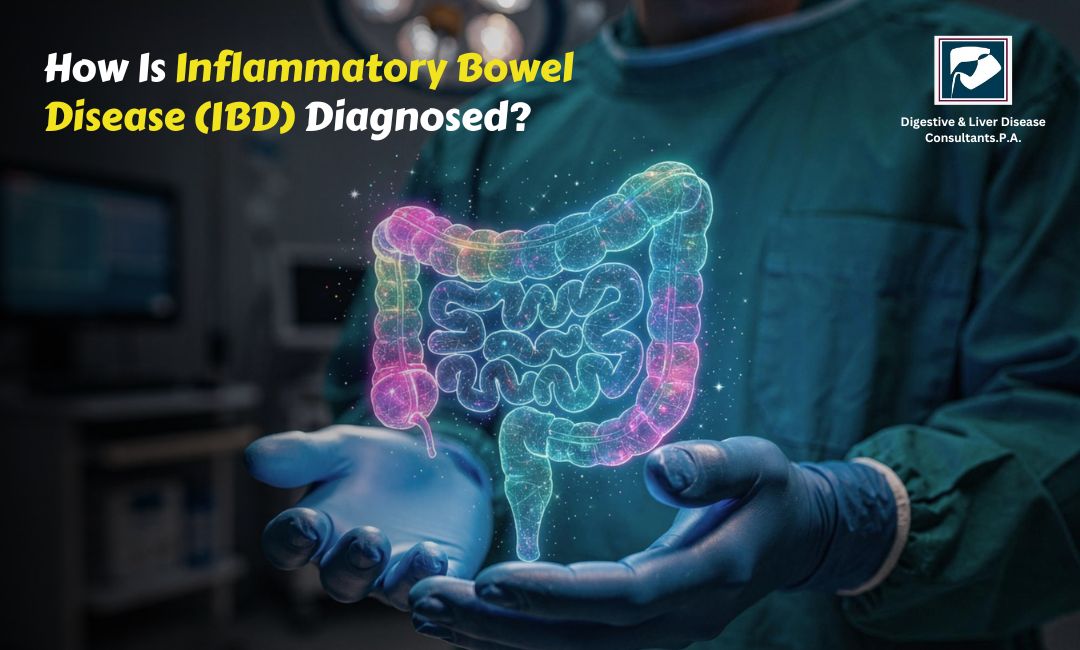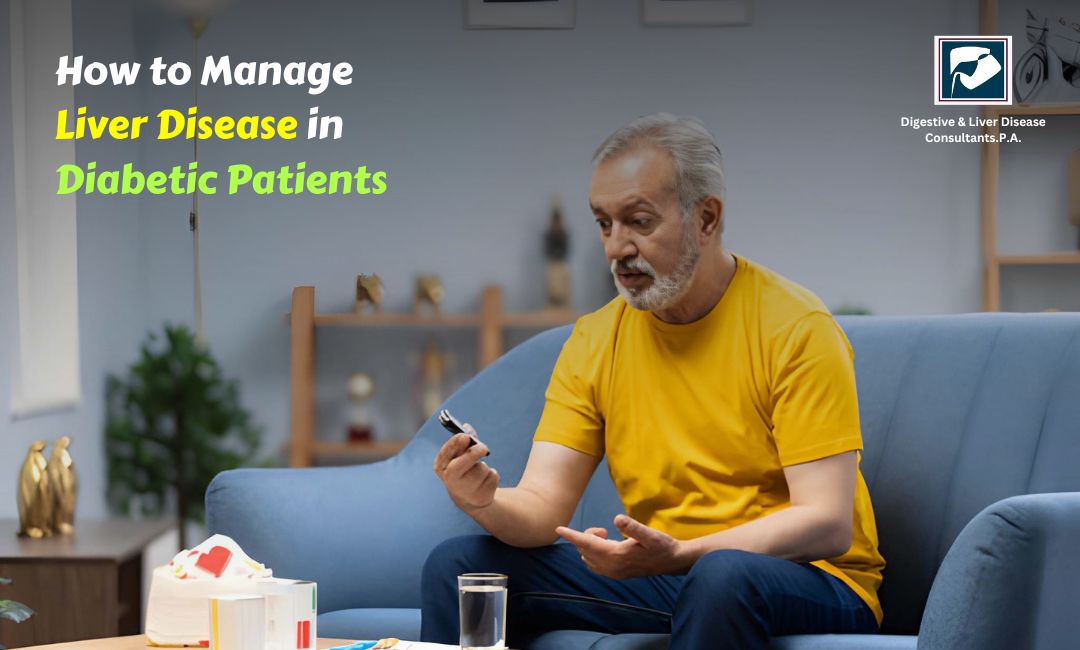Vitamin D is often celebrated for its role in building strong bones, but its impact goes far beyond that. This essential nutrient plays a powerful role in maintaining a healthy digestive system and supporting optimal liver function. From improving gut health to enhancing immunity and reducing inflammation, Vitamin D is truly a cornerstone of overall wellness — especially for children who are developing vital systems that support lifelong health.
In this blog, we explore the connection between Vitamin D, digestive health, and liver function — and how parents can support their child’s gut health through smart nutrition and proactive care.
Why Vitamin D Matters for Digestive and Liver Health
Vitamin D acts more like a hormone than a vitamin, influencing more than 2,000 genes in the body. It helps regulate calcium absorption, supports immune function, and reduces inflammation — all of which are essential for healthy digestion and liver function.
Low levels of Vitamin D have been linked to a variety of digestive issues, including:
- Irritable bowel syndrome (IBS)
- Inflammatory bowel disease (IBD), including Crohn’s and ulcerative colitis
- Nonalcoholic fatty liver disease (NAFLD)
- Poor gut microbiome balance
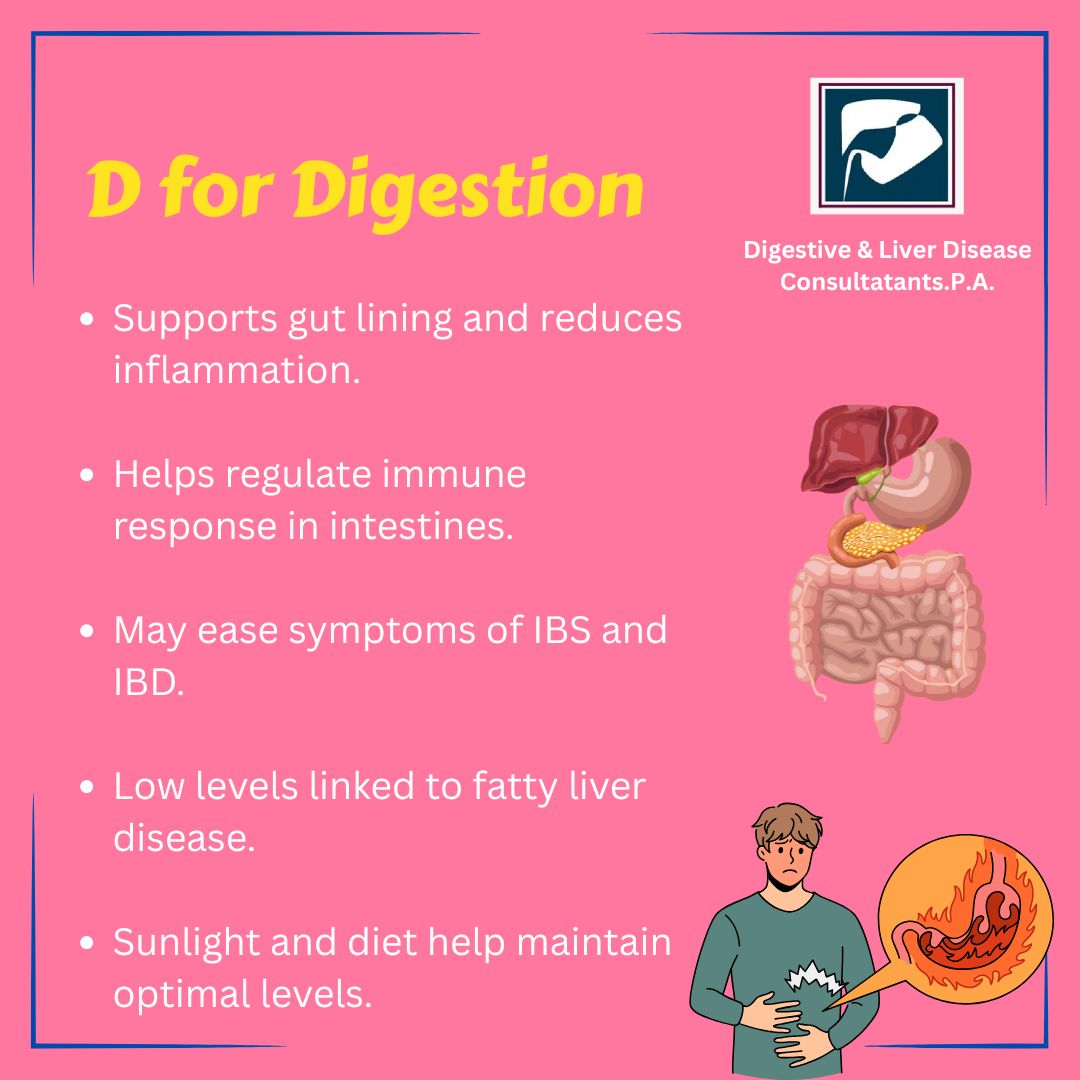
The Gut-Liver Connection
The liver and gut work closely together as part of what scientists call the "gut-liver axis." When the digestive system is inflamed or imbalanced, it can put stress on the liver. Vitamin D helps reduce gut inflammation and strengthens the intestinal barrier, preventing harmful bacteria and toxins from leaking into the bloodstream — which in turn protects the liver.
Vitamin D and Children’s Digestive Health
Children are especially vulnerable to digestive issues due to their developing systems and food sensitivities. Ensuring your child has enough Vitamin D can support a healthy gut and reduce common concerns like constipation, gas, and food intolerance.
Here’s how Vitamin D supports kids’ digestive health:
- Enhances gut barrier integrity to prevent infections
- Supports beneficial gut bacteria alongside probiotic foods for kids
- Helps reduce inflammation in the GI tract
- Strengthens the immune system, which plays a large role in gut health
Foods Rich in Vitamin D (and Gut-Friendly for Kids)
While sunlight is the best natural source of Vitamin D, many children don’t get enough due to indoor lifestyles or use of sunscreen. That’s why it’s important to include Vitamin D-rich foods in your child's diet, especially those that also support digestion.
Best Foods for Vitamin D and Gut Health:
Yogurt for kids digestion – Contains probiotics and may be fortified with Vitamin D
Fortified milk and cereals – Offer a reliable source of Vitamin D for picky eaters
Egg yolks – Provide natural Vitamin D and are versatile in child-friendly recipes
Fatty fish like salmon – High in Vitamin D and omega-3s for gut health
Mushrooms exposed to sunlight – A plant-based source of Vitamin D
These choices not only improve Vitamin D levels but also promote a healthy gut for kids.
Tips to Improve Gut Health in Kids Naturally
Promoting digestive health in children doesn’t need to be complicated. With a combination of Vitamin D, fiber-rich foods for children, and natural remedies for kids' digestion, you can help your child thrive from the inside out.
Simple Digestive Health Tips for Children:
Include prebiotics and probiotics – Prebiotics like bananas, oats, and onions feed the good bacteria. Pair them with probiotic foods for kids like yogurt and kefir.
Add fiber every day – Whole grains, fruits, and vegetables help keep digestion moving. These are excellent foods that help constipation in kids.
Stay hydrated – Water helps fiber work better and prevents constipation.
Encourage outdoor play – Sunlight helps the body produce Vitamin D naturally.
Limit sugary and processed foods – These can damage the gut microbiome.
Some of the best foods for child digestion include:
- Apples, pears, and berries (fruits for child digestion)
- Oatmeal and whole grain bread (whole grains for kids)
- Leafy greens, carrots, and sweet potatoes
- Chia seeds, flaxseeds, and lentils
Recognizing Signs of Child Digestion Problems
It’s important to notice if your child has regular tummy issues. Common child digestion problems include:
- Bloating or excessive gas
- Irregular bowel movements
- Stomach pain after meals
- Frequent constipation or diarrhea
If these issues are persistent, a healthcare professional can help determine if there's an underlying issue — including a potential Vitamin D deficiency.
About Digestive & Liver Disease Consultants, P.A.
At Digestive & Liver Disease Consultants, P.A., we’re committed to helping families understand and care for their digestive and liver health. Our experienced team of gastroenterologists offers compassionate, advanced care for patients of all ages — from children with chronic stomach pain to adults managing liver disease.
We focus on patient education, preventative care, and the latest medical treatments to help you or your child live a healthier, more comfortable life. Our specialists are here to answer your questions, provide customized care plans, and guide you toward better digestive health every step of the way.
Conclusion
Vitamin D plays a vital role in maintaining digestive and liver health, especially in children. By ensuring your child gets enough of this essential nutrient — through sunlight, diet, or supplements — you can support their gut, boost their immune system, and prevent future health concerns. Combine Vitamin D-rich foods with a fiber-rich, probiotic-packed diet to build the best diet for kids’ gut and keep their digestion running smoothly.
If your child is struggling with stomach pain, constipation, or other digestive issues, don’t wait. Our team at Digestive & Liver Disease Consultants, P.A. is here to help.
Schedule an appointment today and give your child the gift of lifelong digestive wellness.

